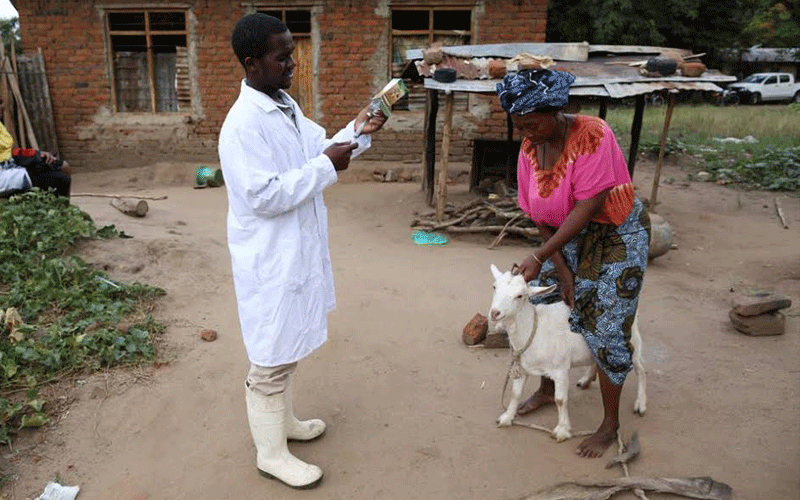Drought-tolerant vaccines to boost livestock trade in ASAL regions
By Wahinya Henry, September 29, 2020Trade in animal and livestock products in Arid and Semi-Arid Lands (ASAL) of the country is set to improve once three vaccines tolerant to high temperature conditions are availed to smallholder livestock farmers.
Kenya Veterinary Vaccines Production Institute (Kevevapi) CEO, Dr Jane Wachira says plans to roll out the vaccination programme are at an advanced stage
MCI Sante Animale, a Moroccan animal health company, which specialises in the production and marketing of veterinary vaccines and medicines for production and companion animals will deliver the vaccines in bulk to the parastatal, which in turn will package and make them available to livestock keepers.
“The vaccines are ideal for harsh climatic conditions in drought prone regions, often without cold storage facilities and electricity to preserve them,” Dr Wachira says.
Failure by livestock keepers to access vaccines often makes them food insecure and causes suffering of the multibillion trade in animals and their products.
Kenya has an estimated 18.2 million cattle, 16.3 million sheep, and 24.6 million goats.
The majority of these animals are held by smallholder farmers who depend on livestock for their livelihoods.
However, according to a year 2000 study, approximately 25 per cent of these animals succumb to preventable diseases such as enterotoxemia, Pasteurella, and Rift Valley Fever (RVF).
The good news is that the three vaccines have been formulated to protect animals against these diseases.
The vaccines have been developed under a joint programme between Kevevapi, the Moroccan firm and funding support from the Canadian International Development Research Centre (IDRC).
Data availed by Nairobi based IDRC senior programme specialist, Dr Victor Mbao, the three vaccines are to be availed to Kenyan small livestock farmers and possibly to farmers beyond Kenyan borders soon.
The partnership between the three instituitions, he says, built the capacity of Kevevapi to use half processed vaccine components from MCI Santé Animale, providing the advantage of not requiring Kevevapi to invest in new infrastructure nor employing more staff. The process is called “finish and fill”.
“This way, it is a sustainable initiative that supports farmers to protect their animals against these diseases and at the same time expands the scope at Kevevapi for more products to satisfy the local as well as export vaccine market,” says Dr Mbao.
Three Kevevapi staff were trained in Morocco and scientists from the Moroccan company visited Kevevapi to conduct training using local facilities to ensure that the processes were feasible locally.
The vaccine project was launched in 2016 and ran for 24 months. It is part of a series of livestock vaccine projects that have been supported in Kenya by IDRC since 2012 at a cost of about Sh892 million (11 million Canadian dollars).
The the three vaccines are Pastrevax for prevention against pasteurellosis, Clostivax is for enterotoxaemia prevention and Riftovax 19 will vaccinate against Rift Valley Fever.
The three diseases are known for causing massive cattle sheep and goats mortality.
Enterotoxaemia alone causes about six per cent mortalities in sheep and goats in Kenya, which translates to about 1.8 million sheep and goats annually.
For RVF, the East African outbreak in 1997-1998 was estimated at over Sh27 billion ($250 million), and the 2006-2007 outbreak in Somalia was estimated at Sh51billion ($471 million).
This one also causes disease in humans. In the 2006–2007 outbreak in Kenya, there were 684 human cases and about 155 people died.
“Promoting livestock by availing the vaccines will boost trade and increase income,” Dr Wachira told Agribiz.
The exporting country must show proof that animals to be exported are free of certain diseases.
This is part of Internationally agreed Sanitary and phytosanitary (SPS) measures aimed at protecting livestock, human and plant health from introduction and spread of diseases through trade.
For some diseases, vaccination records are included as part of the proof and in most cases it is freedom from a disease by a whole country that is required.
